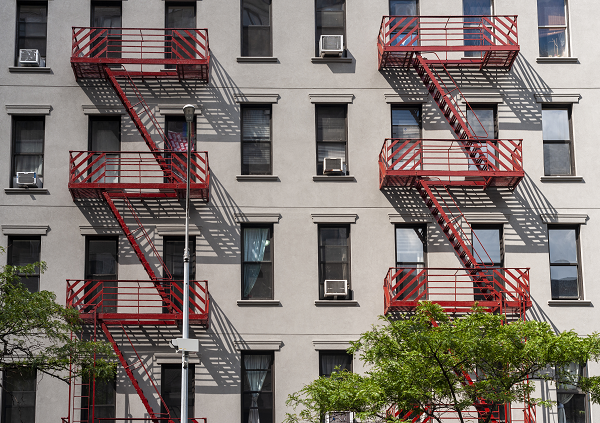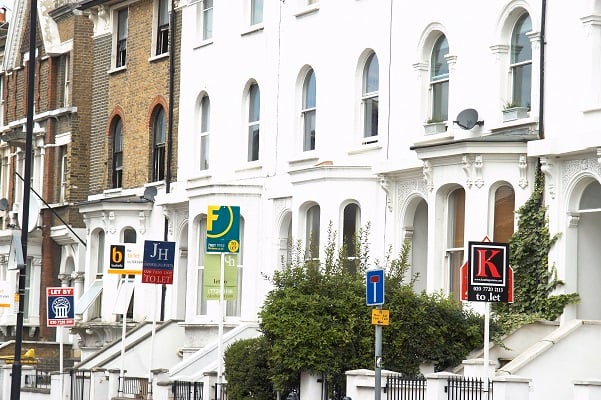The Leasehold Reform Act 1967 (the 1967 Act) grants leasehold tenants the right to acquire the freehold of their houses.
This right, known as ‘enfranchisement’, allows tenants to buy the freehold or any intermediate leasehold interest (like a head lease) without needing the landlord’s consent.
In some cases, landlords may willingly sell the freehold without requiring a formal request.
Over the years, amendments to the 1967 Act have introduced complexities to the pricing calculations. The most recent changes are included in the Commonhold and Leasehold Reform Act 2002, which clarified the criteria for enfranchisement eligibility and expanded the rights of leaseholders. However, several qualifying requirements for the house, the lease, and the tenant must be met, as outlined below.
The house
To qualify, the building must be reasonably considered a house, separated vertically from any adjoining structures. The house may be subdivided into flats, provided that the tenant holds a lease covering the entire property.
The lease
The lease should either be a long-term lease (originally set for more than 21 years) or one that carries a renewal option.
Is buying the freehold worthwhile?
Homeowners often ask if purchasing the freehold is a good investment. Doing so provides greater control over the property, eliminating the need to pay annual ground rent. Owning the freehold grants the freedom to modify the property without requiring landlord consent, as the homeowner gains ownership of the land itself.
How much does It cost to buy the freehold?
Various valuation methods are employed to determine the premium, but three main factors influence the price: the property’s current value, annual ground rent, and the remaining lease term. Valuing a freehold is a complex process involving a surveyor. Most houses qualifying under the legislation will be valued using the Special Valuation Basis, but the Original Valuation Basis applies to properties that meet the original low-rent criteria. Properties not qualifying under the Original Valuation method will be assessed with the Special Valuation Basis.
In addition to the premium, buyers should consider additional costs such as legal fees, valuation charges, stamp duty, and the freeholder’s expenses.






Leave a Comment